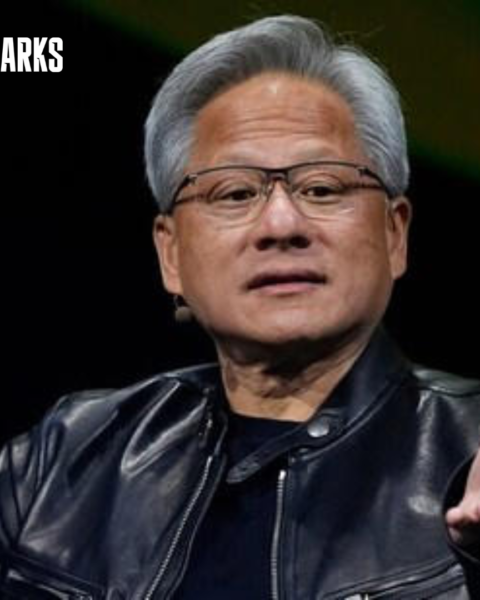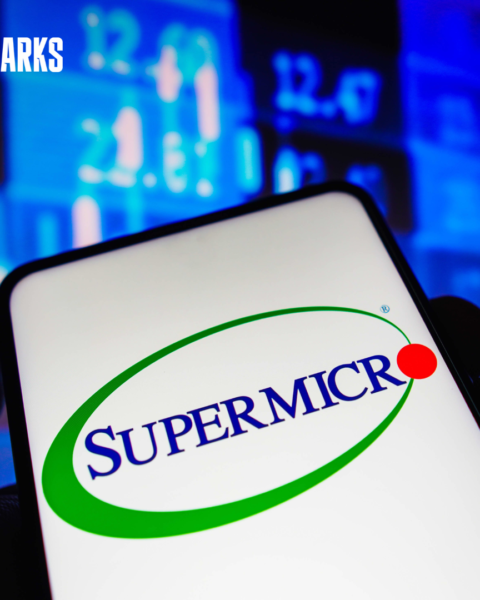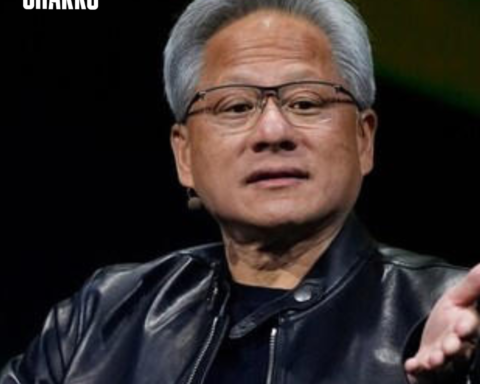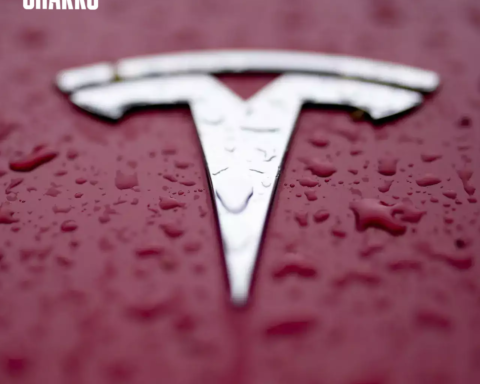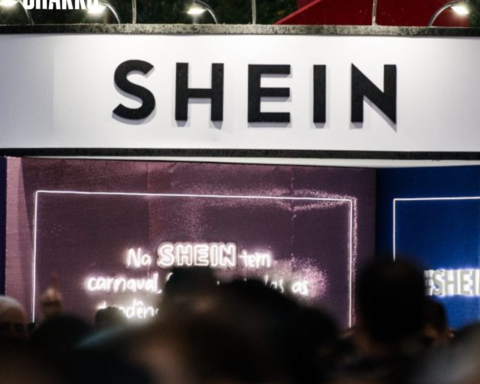Tesla Adjusts Shift Lengths for Cybertruck Production at Austin Gigafactory
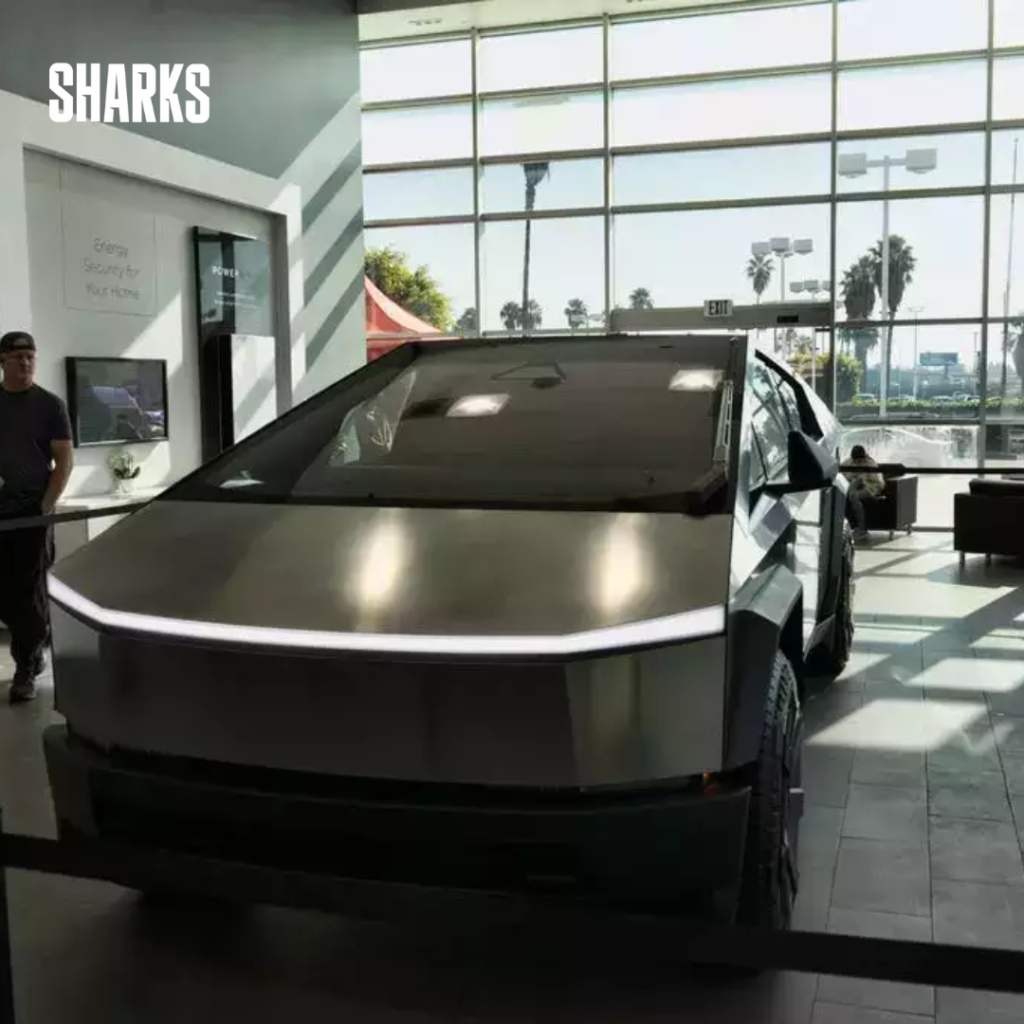
Tesla has informed employees working on the Cybertruck production line at the Austin Gigafactory about changes in shift lengths, as revealed in an internal communication obtained by Business Insider.
This adjustment entails shorter shifts than the previous 12-hour schedule, affecting daytime and nighttime operations.
Shift Schedule Changes:
Workers previously worked 12-hour shifts from 6 a.m. to 6 p.m. and 6 p.m. to 6 a.m., but they will now transition to 11-hour shifts during the day and 10.5-hour shifts at night.
The new schedule sets work hours from 6 a.m. to 5 p.m. for daytime shifts and from 6 p.m. to 4:30 a.m. for nighttime shifts.
The implementation of this revised schedule is slated to commence on Monday following the internal communication issued on Thursday.
Scope and Impact:
While the adjustment pertains explicitly to the Cybertruck production line at the Austin Gigafactory, it remains uncertain whether similar changes will be introduced at other production lines or factories.
Tesla’s Austin facility not only manufactures the Cybertruck but also produces the Model Y and is involved in developing the company’s next-generation vehicles.
Workers at other Tesla factories in Sparks, Nevada, and Fremont, California, reportedly adhere to entire 12-hour shifts.
Market Dynamics and Concerns:
Tesla’s decision to modify shift lengths amidst signs of slowing demand for electric vehicles (EVs) is evident from the company’s first-quarter delivery figures falling below Wall Street projections.
This decline marks Tesla’s first year-over-year quarterly drop in deliveries since 2020. Concerns among Tesla employees about potential layoffs have surfaced, reflecting apprehensions about the company’s response to evolving market conditions.
Production Outlook and Challenges:
Elon Musk, Tesla’s CEO, has previously highlighted the production challenges associated with the Cybertruck, emphasizing the need for precision owing to its distinctive design features.
Despite concerns, Musk reiterated the strong demand for the Cybertruck during Tesla’s latest earnings call, indicating that production constraints rather than demand limitations are the primary issue.
Tesla aims to ramp up Cybertruck production to 250,000 units annually by 2025, underscoring its long-term commitment to meeting market demand.
Share This
Tony Boyce is a seasoned journalist and editor at Sharks Magazine, where his expertise in business and startups journalism shines through his compelling storytelling and in-depth analysis. With 12 years of experience navigating the intricate world of entrepreneurship and business news, Tony has become a trusted voice for readers seeking insights into the latest trends, strategies, and success stories.

